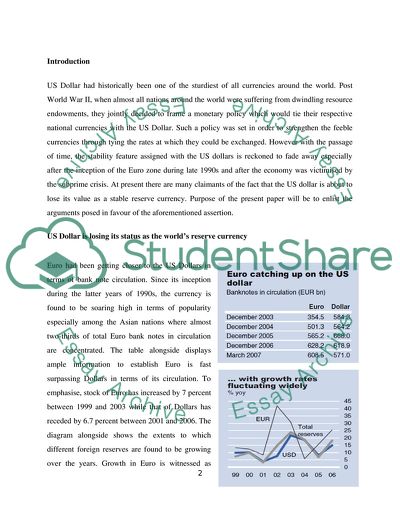Cite this document
(“The US Dollar will Lose its Status as the Worlds Reserve Currency Term Paper”, n.d.)
Retrieved from https://studentshare.org/macro-microeconomics/1576009-the-us-dollar-will-lose-its-status-as-the-worlds-reserve-currency-within-the-foreseeable-future
Retrieved from https://studentshare.org/macro-microeconomics/1576009-the-us-dollar-will-lose-its-status-as-the-worlds-reserve-currency-within-the-foreseeable-future
(The US Dollar Will Lose Its Status As the Worlds Reserve Currency Term Paper)
https://studentshare.org/macro-microeconomics/1576009-the-us-dollar-will-lose-its-status-as-the-worlds-reserve-currency-within-the-foreseeable-future.
https://studentshare.org/macro-microeconomics/1576009-the-us-dollar-will-lose-its-status-as-the-worlds-reserve-currency-within-the-foreseeable-future.
“The US Dollar Will Lose Its Status As the Worlds Reserve Currency Term Paper”, n.d. https://studentshare.org/macro-microeconomics/1576009-the-us-dollar-will-lose-its-status-as-the-worlds-reserve-currency-within-the-foreseeable-future.


